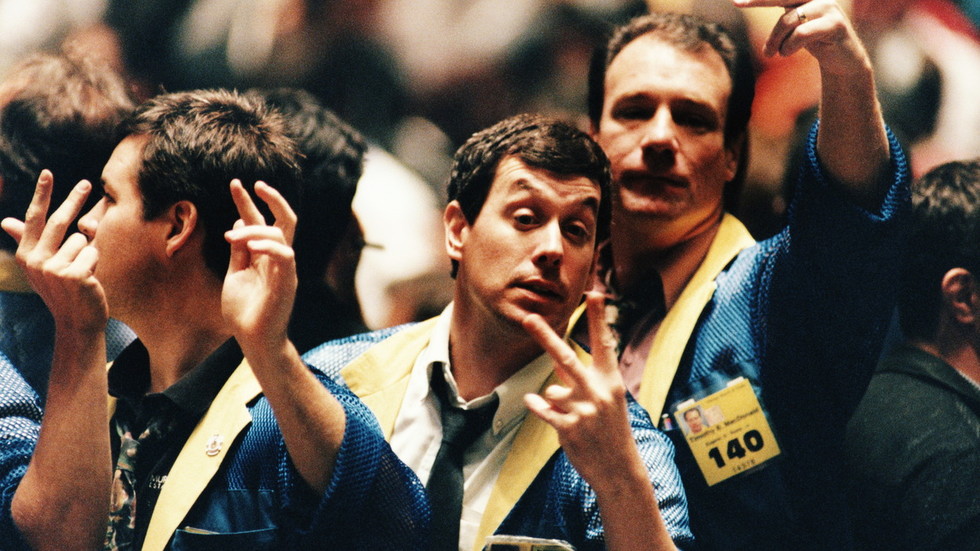The landscape of election betting in the US has dramatically shifted following a legal ruling that lifted prior restrictions on wagering amounts associated with the presidential race. Notably, platforms like Kalshi have begun allowing bets up to $100 million on candidates, specifically Donald Trump and Kamala Harris. This change comes in the wake of a court decision that favored Kalshi over the Commodity Futures Trading Commission (CFTC), which had sought to block the platform, asserting that election betting could jeopardize democratic integrity. However, the court ruled that there was not enough evidence to support the CFTC’s concerns, and meanwhile, Kalshi has already reported over $12 million in bets since this ruling.
The betting mechanism on Kalshi operates through binary options, where contracts are priced up to a dollar each. Current market figures indicate a slight advantage for Trump, with contracts for his victory trading at 54 cents and Harris’s at 47 cents. While this trend suggests a lean towards Trump among traders, analysts advise caution in interpreting these figures too hastily. Experts like Grant Ferguson, a political scientist, emphasize that the market’s true dynamics may reveal themselves more clearly when more institutional investors participate. This emerging interest indicates that the upcoming electoral race has not only captured individual bettors’ attention but also that of bigger stakeholders.
Offshore betting platforms, such as Polymarket, have similarly experienced a surge in election-related wagers totaling over $1.9 billion. This amount is projected to increase significantly as the election date approaches, potentially reaching tenfold increments. Despite the excitement generated by this newfound interest in election betting, there are substantial concerns regarding its implications for voter perceptions and the overarching democratic process. The presence of significant wagering amounts in pivotal moments can create a tension between enjoyment of the betting activity and the seriousness of electoral politics.
The legal ruling that propelled Kalshi into greater operational capability highlights an ongoing debate about the nature and regulation of election betting in the US. As this situation unfolds, the CFTC has lodged an appeal against the ruling, indicating that regulatory scrutiny around election betting is far from concluded. This conflict underscores broader questions about how betting on elections fits within the existing fabric of American governance and whether it may impact voter turnout or engagement. Observers in the political and economic spheres are keeping a close eye on the developments, as they could set important precedents for future electoral processes.
As interest in election betting continues to gather momentum, it raises pertinent questions about the integrity of democratic processes. The juxtaposition of betting and critical civic engagement may produce unintended consequences, leading to potential shifts in how voters approach the election. As legal appeals and market dynamics evolve, the outcome will not only influence Kalshi and similar platforms but also shape public perceptions of political engagement as a whole. The unfolding narrative surrounding election betting serves as not only a mechanism for financial speculation but as a lens through which the interaction between markets, politics, and society can be examined.
In conclusion, the evolution of prediction markets in US elections reflects a burgeoning intersection of finance and politics. As Kalshi and similar platforms allow expansive betting amounts on key political figures, the implications for electoral integrity and public engagement are crucial to monitor. The current atmosphere of excitement around wagering on electoral outcomes necessitates a careful examination by regulators and observers alike to understand the longer-term impacts on democracy. Both the opportunities and risks posed by this integration of betting and politics are topics sure to resonate throughout the election period as this historic race between Trump and Harris unfolds.

